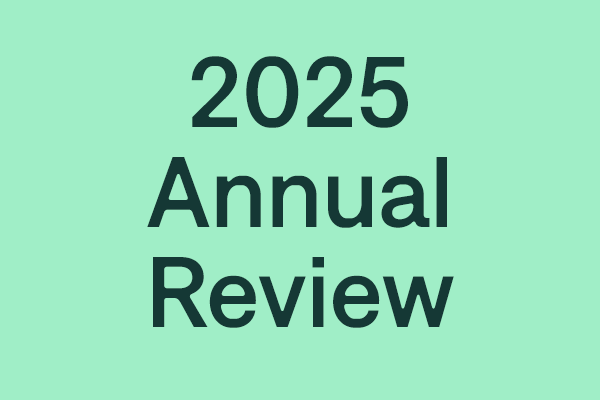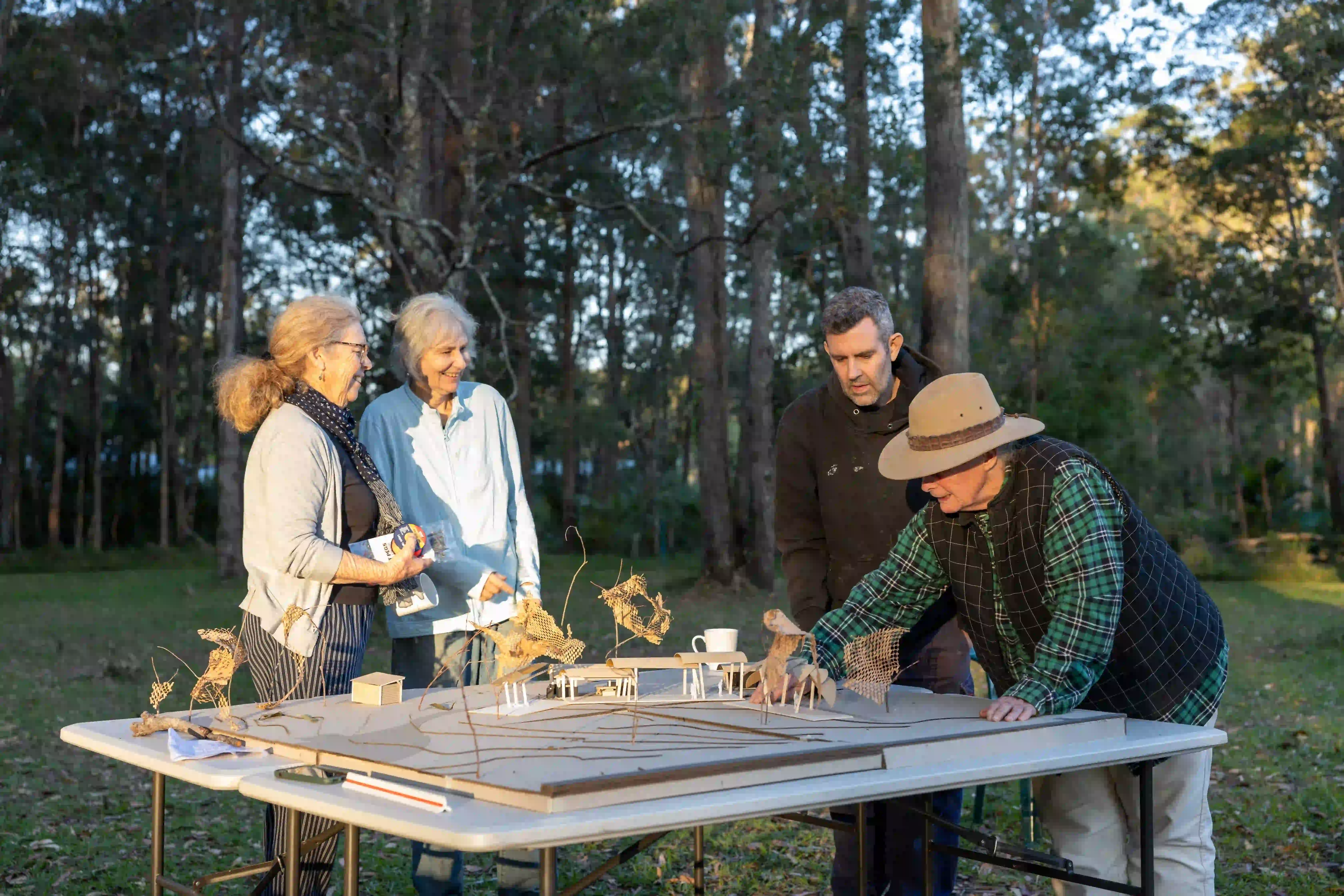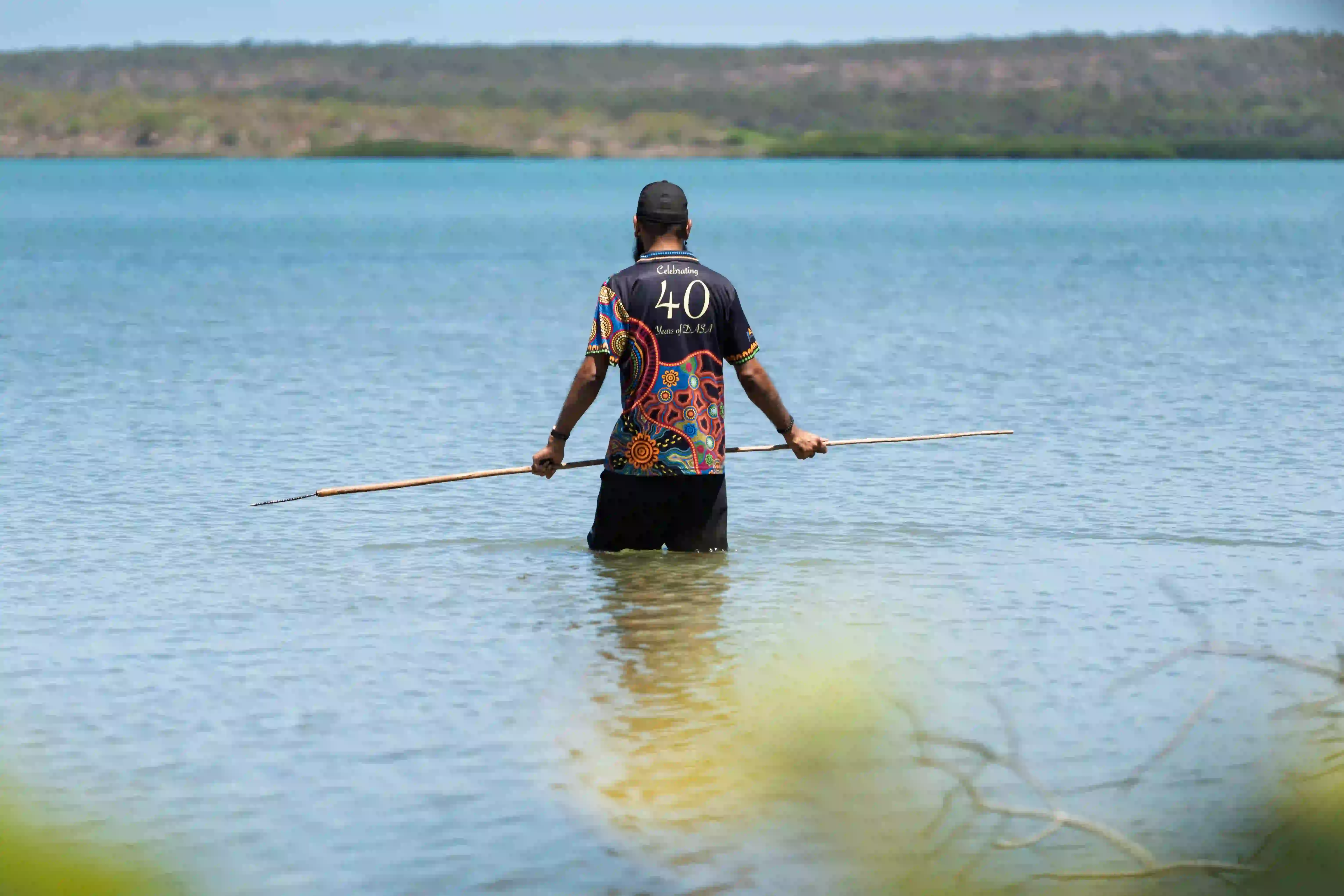Evidence and ideas: 17 PRF partner-led research findings published in 2022 by The Conversation, contributing to the public debate on social policy in Australia
Authors: Alex Fischer, Nick Davis and James Hall
In 2022, our partners translated some of their novel research into reflections for The Conversation. Across 18 articles they explored a range of questions expanding the tools, facilities, ideas and data required to enable communities, policymakers, media and social entrepreneurs to break cycles of disadvantage and provide all children with the opportunity to thrive.
As our partners’ work appeared as part of the normal The Conversation news cycle, two consistent questions surfaced.
- What can we do to translate and apply these findings across our overlapping roles and responsibilities of individuals, communities, civil society, government and private sector?
- What are the next questions we should be asking as a result of knowledge generated and prioritised through this unique interface of communities and researchers?
The articles published by PRF partners made diverse and original contributions to our shared knowledge and vision for a fairer country. One puts forward a compelling case for why, how and to what effect young people could lead the design of local services intended to serve them. Another deploys state-of-the-art research methods to understand how media coverage and parliamentary debate interact to shape public narratives around issues and groups. One article reveals the shocking choice that far too many mothers must make - to remain in violent relationships, or to leave and face the possibility of income-poverty, insufficient support, and a hostile and exclusive job market. Another article submits powerful evidence that one of the most effective means of rupturing the cycle by which ex-prisoners re-enter incarceration at unacceptably predictable rates is to provide them with the right to a home, in the form of affordable state-supplied public housing in our cities. And cutting across all these articles, one partner’s research shows that there are methods available to us to be far more nuanced in how we understand poverty; that it is almost always entrenched, systemic, compounding, complex and that people experience it in different and unique ways.
The questions are challenging, and so too will be the solutions. Our partners’ research and articles in The Conversation show how we can increasingly understand the unfair predictive nature of life events, the patterns of disadvantage these events collectively form, and the pathways which can disrupt those probabilities. Now we need to use this collective knowledge to shape both our collective and individual decisions.
Partner articles published in The Conversation
Cross cutting
2. 5 charts on Australian well-being, and the surprising effects of the pandemic
4. Labor promised a new committee of 15 young people to guide policy. So who gets picked, and how?
5. We asked Australian children what they needed from their communities. Here's what they said
6. The book that changed me: I'm a historian but Tony Birch's poetry opened my eyes to confronting truths about the past
Employment
7. The summit needs to get us switching jobs. It'd make most of us better off
Learning
9. What does equity in schools look like? And how is it tied to growing teacher shortages?
10. Only 1 in 3 teachers use research evidence in the classroom – this is largely due to lack of time
11. We asked children how they experienced poverty. Here are 6 changes needed now
Justice & safety
14. Women’s probability of being in poverty more than doubles after separation
15. Giving ex-prisoners public housing cuts crime and re-incarceration – and saves money
Thriving communities after disasters
17. After years of COVID, fires and floods, kids' well-being now depends on better support
18. Natural disasters hit disadvantaged people the hardest, but we can lessen the impact
If we have missed any 2022 PRF partner articles, please let us know.











